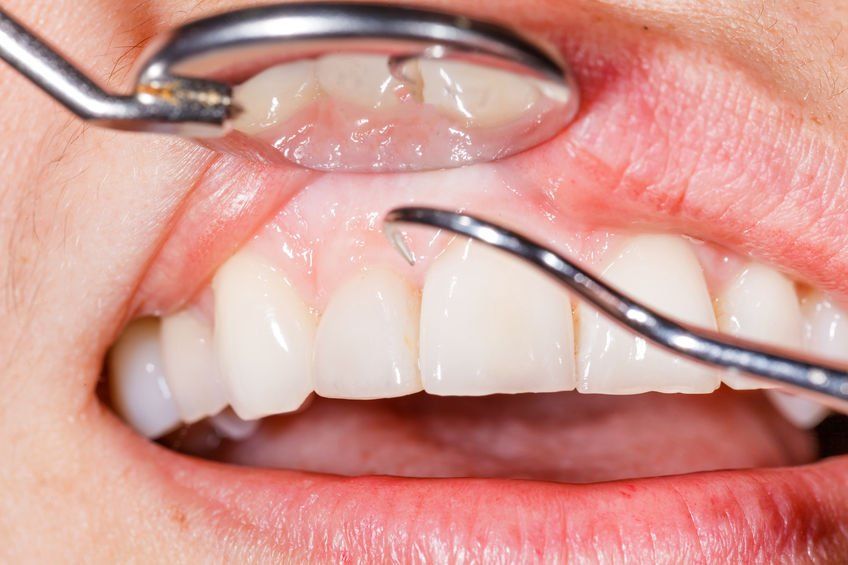Habits That Can Damage Tooth Enamel
- By Mary Marks
- •
- 16 Jan, 2020
- •

A very important element of the dental structure is the tooth enamel, the outer hard layer, which covers the crown of the tooth. Protecting the enamel is essential if you want to have healthy teeth, because, once affected, the enamel cannot regenerate.
Some people have a habit of grinding their teeth during the night, without being aware of it. This is usually called nocturnal bruxism. Bruxism is caused by stress and anxiety. People suffering from this condition can damage their teeth enamel and expose the dentine, which will allow other future problems and the need to visit a Highlands Ranch sedation dentistry office.
Other dangerous habits that can damage tooth enamel
- Never use your teeth to open a bottle, a food package or other container. You risk breaking or cracking your teeth enamel.
- Brushing too hard or incorrectly, for example by doing vigorous horizontal movements, is also a wrong habit. If you brush your teeth like this, you risk destroying the enamel, which will lead to sensitivity of the gums and teeth, as well to the appearance of various conditions.
- Teeth whitening can also affect the enamel if it is not done properly. If you do the whitening procedure too often or use too aggressive solutions, you may affect the enamel and you will end up with cavities and other dental conditions.





Although oral sedation dentistry Highlands Ranch is one of the optionsavailable for managing anxiety and discomfort during oral surgery, you certainly do not need to use it all the time. As a matter of fact, the exact type of sedation or anesthesia that you receive during oral procedures may depend on various factors, such as the complexity of the procedure, your medical problems, as well as your doctor’s preferences.
There can be several different levels of sedation that can be used in oral surgery. Local anesthesia is one of them. This involves injecting anesthetic medication into the specific area where the surgery will take place. It numbs the area and is often used for less invasive procedures.
Oral sedation involves taking medication in the form of a pill to induce a state of relaxation and drowsiness. The patient is still conscious, but he/she may not be fully aware of the procedure. At any rate, sedation helps him/her get rid of anxiety.
In the case of intravenous sedation, medication is administered through a vein, which induces a deeper state of sedation than oral sedation. Patients may still be conscious, but they are less aware of their surroundings and may not remember the procedure.





